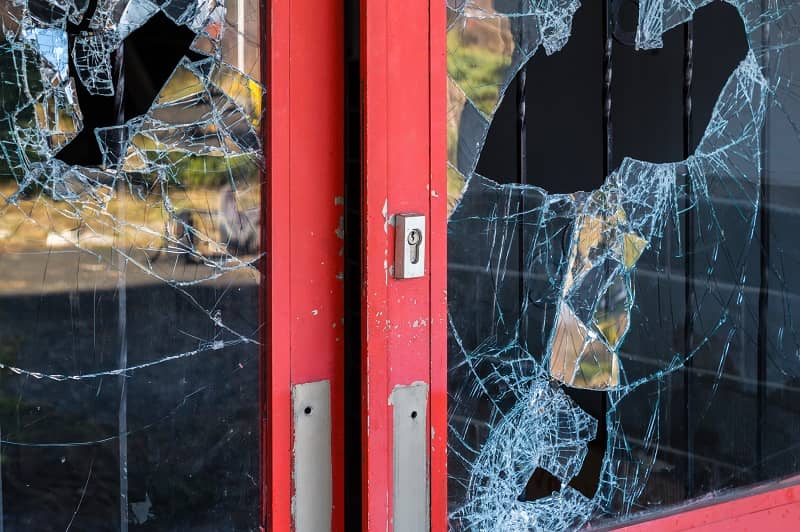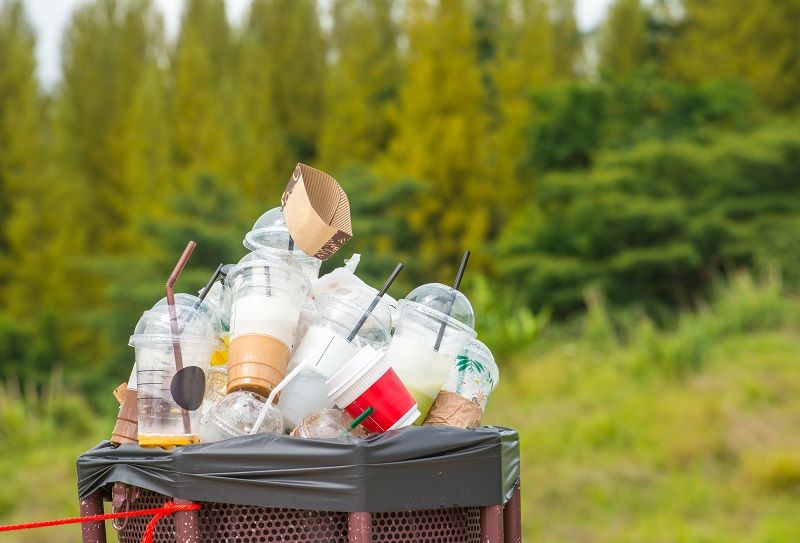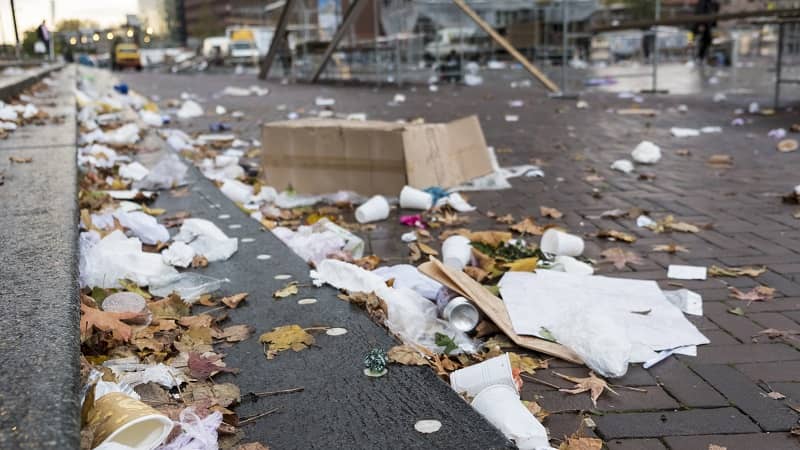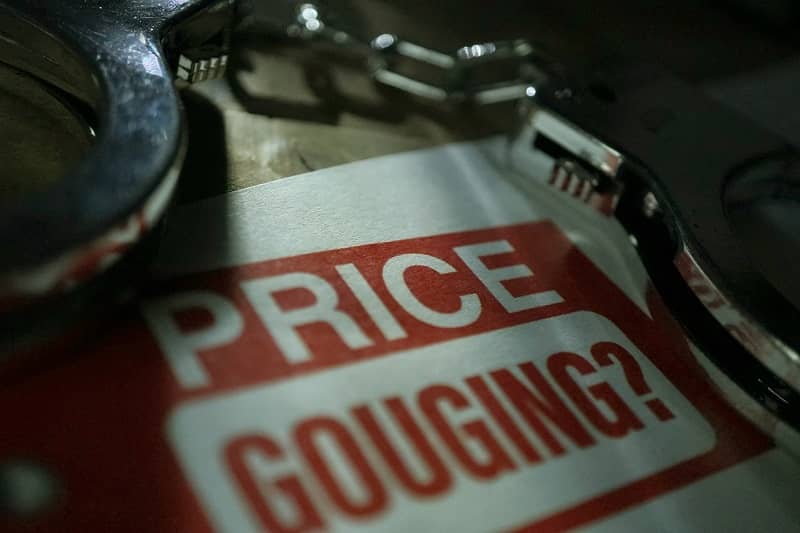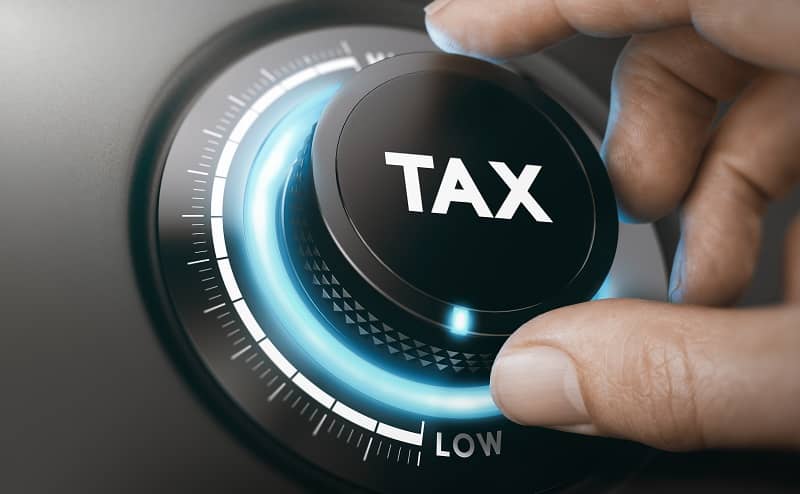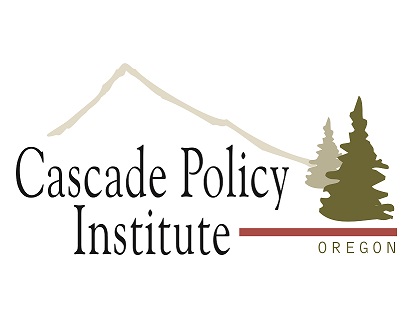In April, the Oregon Liquor Control Commission (OLCC) announced a two-year pilot project to allow liquor sales in up to six large grocery stores. The liberalization of liquor sales comes only 71 years after the end of Prohibition. Certainly, this step is more about increasing government revenue than serving consumers better, just as was the recent allowance of Sunday liquor sales.
The OLCC has a conflicting mission: to both foster responsible drinking and raise revenue from liquor sales. There is no good argument for government to profit from vice. Thus, the state government should abolish alcohol taxes. However, Salem’s spending addicts aren’t likely to quit cold turkey on any tax revenue.
Just as importantly, the OLCC and state politicians should take bigger steps toward getting Oregon government entirely out of the liquor business. Buying and warehousing liquor is not the proper role of government in a free society. Just as the government shouldn’t profit from vice, it shouldn’t engage in the vice business.
The April 20 Columbian (Vancouver, WA) opined, “Finally we see hope for a state getting out of the liquor-sales business. Sadly, it’s not our state… We salute this test program in Oregon, predict its rousing success and hope it catches the attention of Washington state bureaucrats who foolishly embrace antiquated liquor-sales policies.”
© 2006, Cascade Policy Institute. All rights reserved. Permission to reprint in whole or in part is hereby granted, provided the author and Cascade Policy Institute are cited. Contact Cascade at (503) 242-0900 to arrange print or broadcast interviews on this topic. For more topics visit the QuickPoint! archive.


